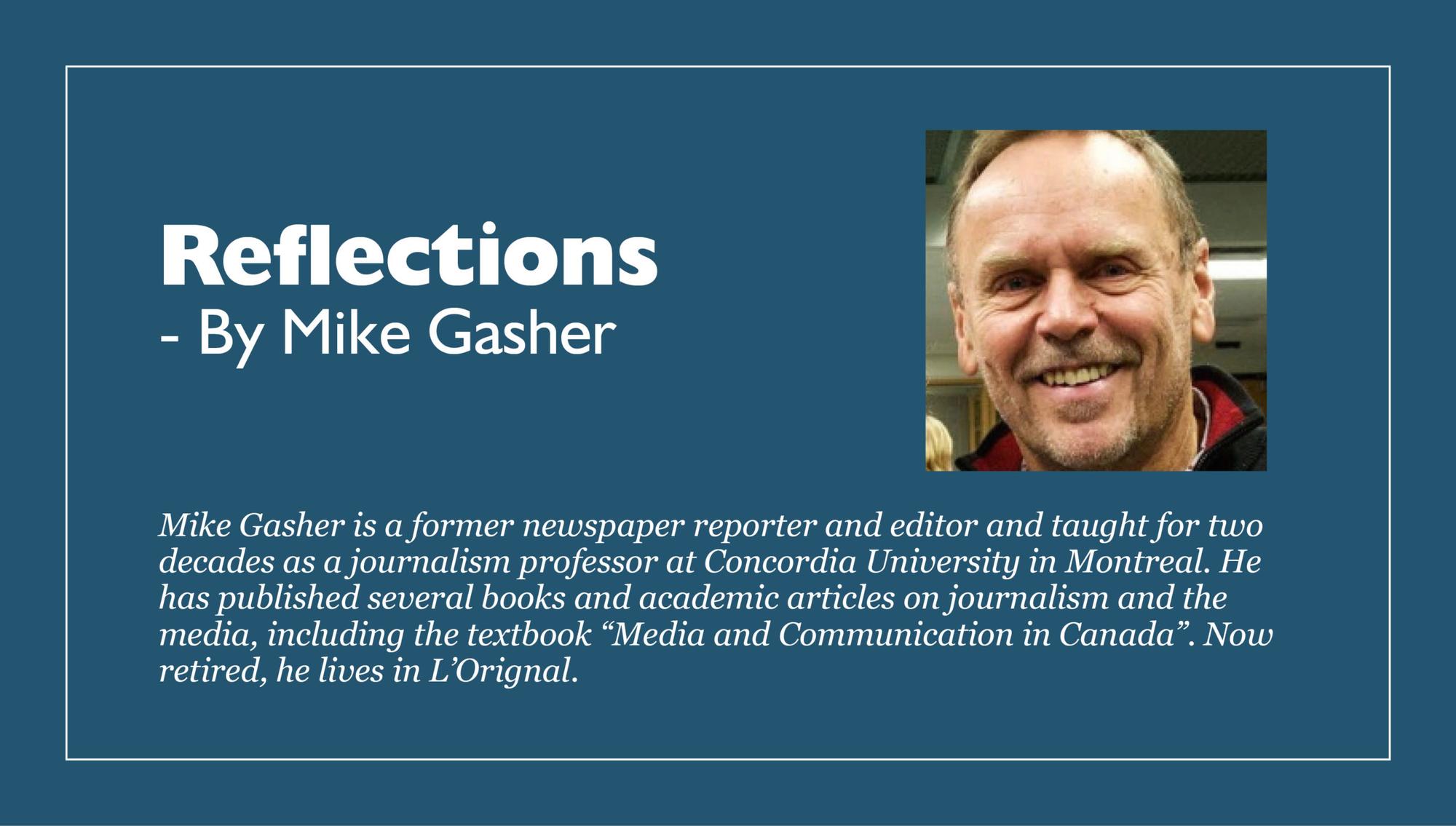I don’t know. I’ve uttered these words often in my life, and still do.
Some may find that surprising, coming from someone who’s made a living out of reading and researching and learning. But I figured out very early that the more I learned, the more I realized how much I didn’t know, and probably will never know.
It’s a good thing to say, I don’t know. We should all say it much more often. I only wish I’d learned this sooner.
I was a sportswriter for a time, and because I’d played a number of sports myself as a youth, I figured I knew a lot about hockey and football and basketball, and what it’s like to play those games. I did, of course, but as someone who played at the lowest levels of those sports. I was on a hockey team that once lost a game 21-0; even the opposing goalie tried to score on us.
I learned very quickly that I didn’t know very much about those sports at elite levels, or the experiences of the world’s best athletes. I concluded that recreational athletes and elite athletes are from different planets. That was a great lesson. It made me watch and listen more carefully. Another good lesson was recognizing that my readers often knew more about the sports and the athletes than I did, especially when I wrote about sports I was less familiar with, such as horse racing or tennis.
Similarly, when I became a journalism professor, I thought I knew how to teach students to do what I used to do: generate story ideas, research, interview, then summarize the findings in a clear and concise way. Even know the difference between it’s and its. What I didn’t know, or initially think about, was that the students I was teaching shared none of my instincts, or the lessons I’d learned over two decades on the job. I didn’t know what they didn’t know. But, again, I learned. And recalled, when I was starting out as a reporter, that I knew none of this either.
Now that I’m retired, I still say, or think, ‘I don’t know’ quite often. It’s a strong motivation for continuing to learn.
Former U.S. Secretary of Defense Donald Rumsfeld was once mocked for saying there were three kinds of knowledge: things we know, things we don’t know, and things we don’t know we don’t know. But he was correct. Of course, there are some things we know. There are things I think we can all acknowledge we don’t know – in my case what most of the abbreviations represent on the periodic table of elements. Finally, we usually think of the things we don’t know as unforeseeable events or occurrences.
Some people – and we all know them – should say ‘I don’t know’ much more often, whether the topic over drinks or lunch is politics, climate change, the economy, or yes, what’s wrong with our favourite hockey team. If you spend any time really thinking about these things, you realize they can be very complicated; there are lots of moving parts, as the expression goes. We might know some of what’s wrong with the health-care system, but do we really know how to fix it? Really?
We all have opinions about these things, and so we should. The decisions made by politicians and economists and scientists affect us all, and as citizens of a democracy we’re supposed to be engaged with these subjects, even if it’s just to inform how we vote every few years. The decisions, too, made by our hockey team’s coaches and general managers can infuriate us, although they really don’t matter all that much in the grand scheme of things.
I’ll never forget one of my favourite university professors scolding me, when, as a cocky undergrad, I was dismissing some classic reading he’d assigned, that I’d read once, probably not very carefully, on a topic I wasn’t particularly interested in. “Do you really think the author is a fool, that he hasn’t considered all of the points you’ve raised, that I’m wasting your precious time for assigning a reading that professors all over the world have found insightful and have been assigning their students for years?” Gulp. Lesson learned.
There are times, as the saying goes, to use some horse sense and bridle your tongue. To admit to yourself, and even say out loud, I don’t know. We should all do it much more often. That, I know.


